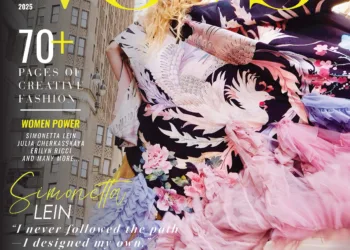In a surprising twist this holiday season, Gen Z is openly embracing knockoffs, fondly referred to as «dupes.» This trend, spanning from imitation purses to beauty products, sheds light on a unique aspect of Gen Z’s shopping behavior. While the tradition of buying knockoffs isn’t new, the contemporary element involves proudly showcasing these items.
The public endorsement of dupes provides a fascinating glimpse into the Gen Z mindset, challenging expectations around conscious consumption. This generation, known for boycotting brands over ethical concerns, is paradoxically celebrating affordable imitations, positioning them as a subversive move against expensive brands and the capitalist system. The overt acknowledgment of owning and flaunting dupes becomes a form of information sharing, a core value for Gen Z.
The term «dupe» entered mainstream vocabulary a few years ago, offering a budget-friendly alternative to high-end products. Social media platforms, particularly TikTok and Instagram, have become catalysts for the widespread adoption of dupes. Influencers use these platforms to share reviews, tips, and purchase links, often earning commissions per sale.
Luxury brands relying on exclusivity face a dilemma with the rise of dupes. Icons like the Hermès Birkin and Kelly bags, known for their scarcity, risk losing their allure as influencers showcase similar-looking alternatives. This shift challenges the traditional notion of exclusivity in the luxury market.
Every generation rebels against established norms in their youth, and Gen Z is no exception. Openly sharing information about dupes distinguishes them from past generations, challenging the narrative of exclusivity and signaling a shift in consumer behavior.
While the popularity of dupes may seem contradictory to Gen Z’s emphasis on environmental and social responsibility, it underscores the diversity within the generation. Even socially conscious consumers may recognize the social value in making luxury goods accessible to a wider audience through dupes.
The critical question looms: Will Gen Z continue embracing designer dupes, or will their financial status eventually align with their taste for authentic luxury goods? Only time will unveil the trajectory of this unique trend.
The dupe trend reflects Gen Z’s nuanced approach to consumption, blending rebellion, social values, and a desire for inclusivity. As this generation continues to shape the retail landscape, the impact of dupes on traditional luxury markets remains a fascinating narrative to follow.


































